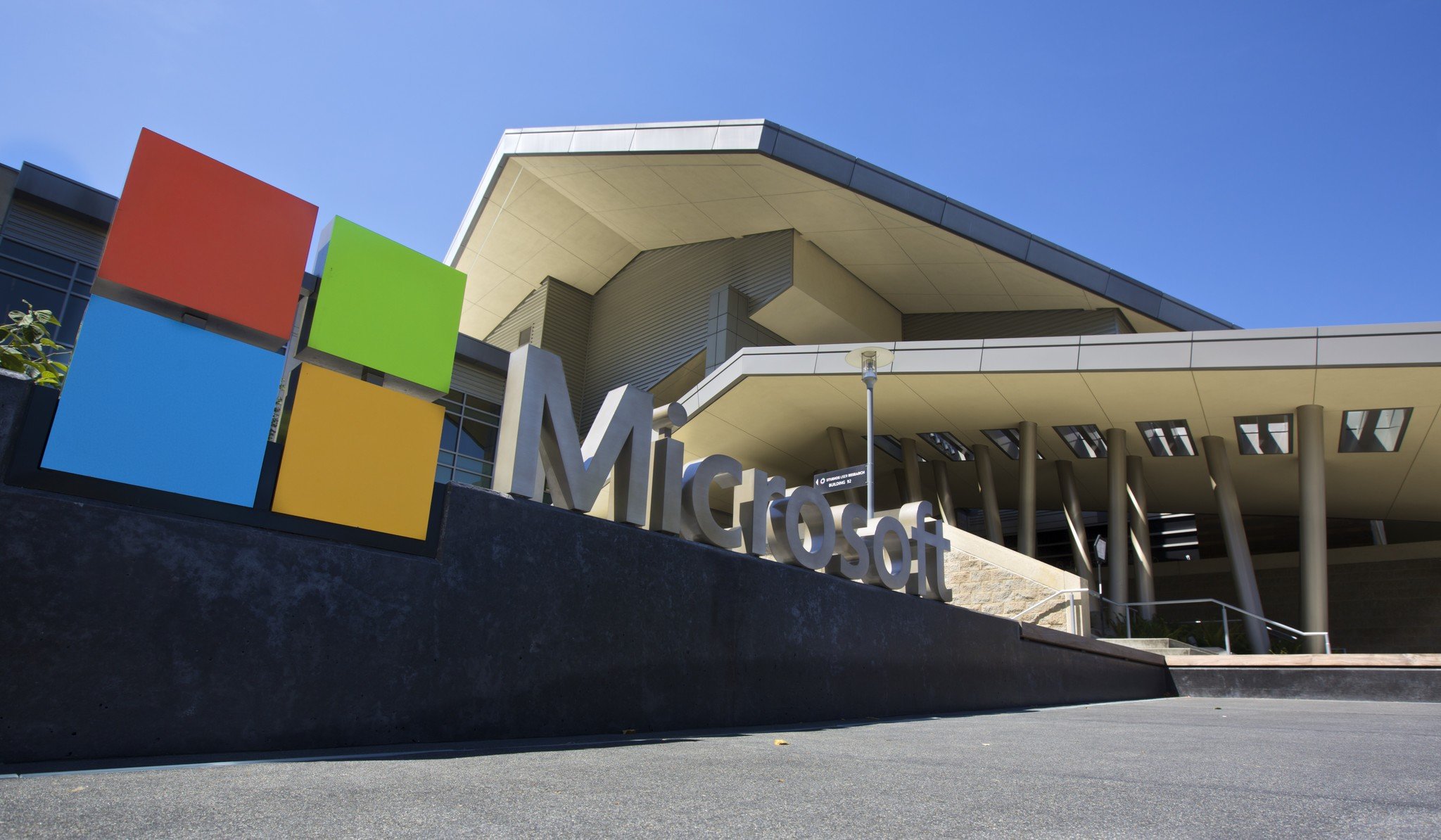Microsoft research confirms tech support scams still exist
Scammers won't give up, no matter what year it is.

All the latest news, reviews, and guides for Windows and Xbox diehards.
You are now subscribed
Your newsletter sign-up was successful
What you need to know
- Microsoft research illustrates the current state of tech support scams.
- They're on the decline compared to figures from previous years, but they're still present.
- One of six consumers played into scammers' traps between January 2020 and mid-2021.
If you thought tech support scams were out of the mainstream picture, think again. They're still alive and well in 2021, out to swindle people and cause trouble. On the bright side, they're on the decline compared to previous years, according to new information shared by Microsoft.
In the blog post announcing its newest batch of research, Microsoft said it receives roughly 6,500 complaints per month from tech support fraud victims. That compares favorably to the 13,000 monthly reports Microsoft received in previous years. To measure how tech support scams are holding up these days, Microsoft commissioned YouGov to gather 16 countries' worth of data on said scams, resulting in info from roughly 1,000 people per nation. The United States, United Kingdom, Colombia, Finland, Spain, Netherlands, India, and France were among the countries involved.
Microsoft highlighted a few key findings from its research:
- Three out of five consumers have encountered a tech support scam in the last 12 months.
- One out of six consumers was tricked into continuing with the scam, often leading to victims losing hundreds of dollars to the fraudsters.
- Millennials (aged 24-37) and Gen Zers (aged 18-23) have the highest exposure to tech support scams.
- One out of 10 millennials and one out of 10 Gen Zers that encountered a scam fell for it and lost money.
- Among those who continued with a scam, the most common issue experienced during the interaction was computer problems (30%), followed by compromised passwords (23%) and fraudulent use of credit/debit/store cards (18%).
You can take a closer look at the research's findings by reading the full 53-page report yourself. However, if you want the cliff notes version, Microsoft's chosen highlights sum up the key takeaway: Millennials and Zoomers have a target painted on their backs, and 90% of them are smart enough to know it.
All the latest news, reviews, and guides for Windows and Xbox diehards.

Robert Carnevale was formerly a News Editor for Windows Central. He's a big fan of Kinect (it lives on in his heart), Sonic the Hedgehog, and the legendary intersection of those two titans, Sonic Free Riders. He is the author of Cold War 2395.
